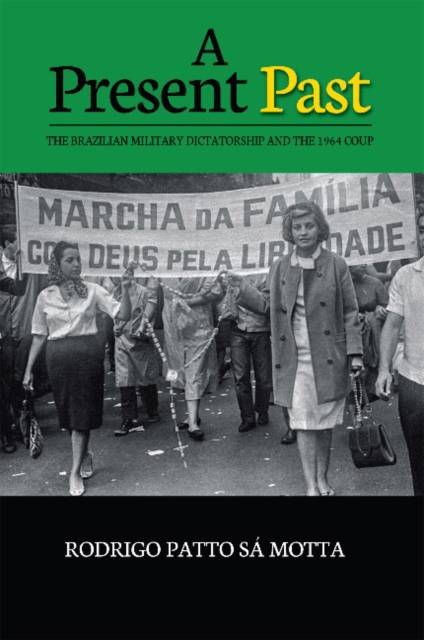
- Retrait gratuit dans votre magasin Club
- 7.000.000 titres dans notre catalogue
- Payer en toute sécurité
- Toujours un magasin près de chez vous
- Retrait gratuit dans votre magasin Club
- 7.000.0000 titres dans notre catalogue
- Payer en toute sécurité
- Toujours un magasin près de chez vous
69,95 €
+ 139 points
Description
The events related to the 1964 coup and the military dictatorship (1964-85) have become common currency in the recent public debate in Brazil. The issue is especially strategic to the extreme right-wing groups surrounding Jair Bolsonaro, the president elected in 2018. For them, the 1964 coup is cherished and celebrated, marking defeat of the left and the beginning of a political regime oriented towards order and progress. The political project built around Bolsonaro is an attempt to impose a distorted and Manichean view of recent history, both by discourse and attempts of censorship. According to that view, 1964 was not a coup detat, but a revolution that saved Brazilians from communism. In Brazil, history is being manipulated to convince people that the military were good rulers, an image that connects to the present authoritarian (albeit elected) government supported by the Armed Forces. Right-wingers, nostalgic for the 1960s dictatorship, promote initiatives to discredit academic researchers and historians who disagree with their mind set. A Present Past offers a well-founded approach to the history of the military dictatorship. Chapters are dedicated to analysing the most controversial topics of the current debate. The primary aim is to disseminate knowledge about the prevailing dictatorship circumstances, with a firm eye on how the past military regime impacts on the present. The purpose is to prevent peddlers of fake news and the ultra-right negationists from winning over the Brazilian public with their authoritarian versions of history. In sum, this is a book committed to democracy. This commitment does not imply any disrespect for the academy, or for opposing points of view, but at its heart it defends historiography via scientific method to counter authoritarian imposition of a historical narrative that supports dictatorship in any form and its leaders, political and military, remaining in power through coercion.
Spécifications
Parties prenantes
- Auteur(s) :
- Editeur:
Contenu
- Nombre de pages :
- 240
- Langue:
- Anglais
- Collection :
Caractéristiques
- EAN:
- 9781789761573
- Date de parution :
- 01-09-22
- Format:
- Livre broché
- Format numérique:
- Trade paperback (VS)
- Dimensions :
- 152 mm x 229 mm
- Poids :
- 303 g

Les avis
Nous publions uniquement les avis qui respectent les conditions requises. Consultez nos conditions pour les avis.






